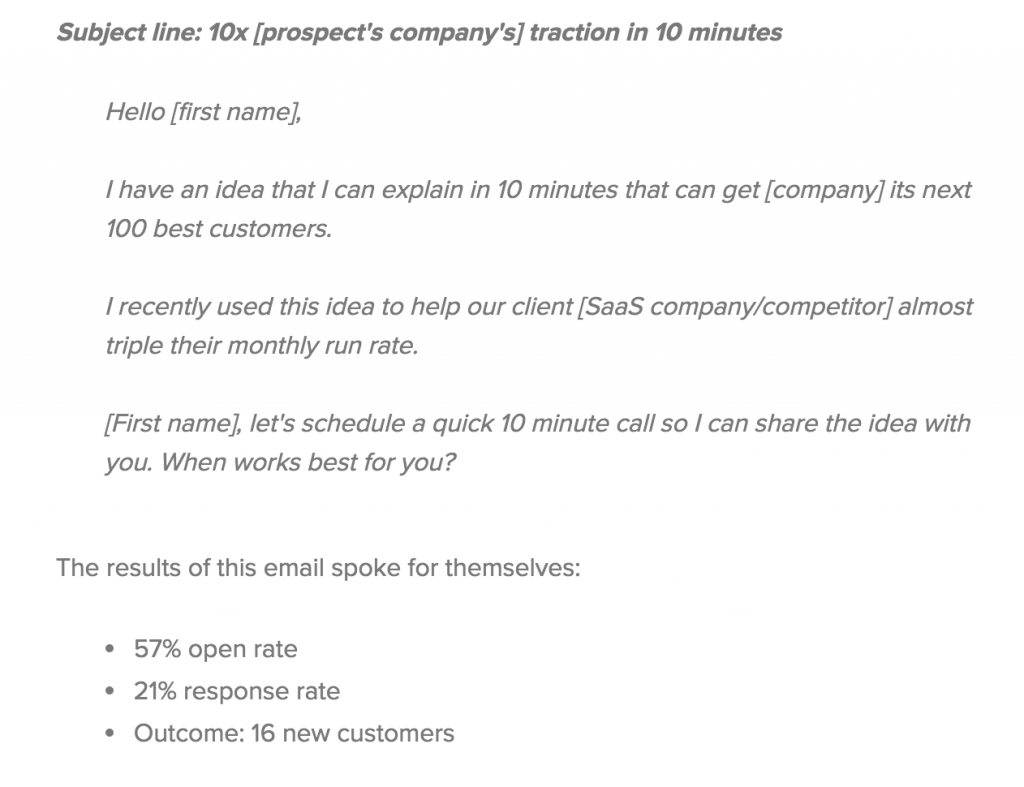There’s a lot of buzz right now about the possible death of the sales development representative (SDR). I even hear some claim the role is already dead or will be completely outdated within three years. As more and more companies continue to build out their sales/business development programs, this theory could have a significant impact on the future development of sales.
So, is the SDR role truly dying?
Sort of.
The current trend of the SDR role is dying. You know the one: companies give entry-level employees minimal training then expect them to do an unrealistic number of phone calls and emails each day. For all their hard work, these recent grads get a measly fraction of the commission companies pay the account executives (AEs, or “closers”) who close the deals.
Such mass exploitation of the SDR role is practically an epidemic at this point, and SDR usefulness has decreased dramatically over the last 18 months. Reaching a prospect has gone from roughly 7.2 touches to over 8.3 attempts; the average SDR tenure dropped from 2.2 years in 2014 to 1.4 years in 2016. Combine that with increased wages and the rising costs of a good tech stack, and it’s hard to deny that the average entry-level SDR is way less effective than they used to be.
This isn’t a problem we can solve overnight, but with the right shift in focus, sales executives and managers can improve their organization’s perception of SDRs, as well as the role itself. It starts with accepting and acting on two important realities in 2017:
1. Quality has more lasting value than quantity in today’s sales conversations.
Companies can breathe fresh air into the SDR role by first doing away with antiquated metrics, commonly referred to as KPIs.
Even your rock-star SDRs won’t function at their best if they’re constantly under pressure to make a set number of cold calls per day. Let’s face it: most of the time, they aren’t calling for the conversation; they’re calling to keep a manager off their ass. And this is where the problem lies. Expecting your team to make a certain (often unrealistic) number of outgoing calls or emails per day only creates an unsustainable job pace. (Hence the recent drop in length of tenure for SDRs.)
These traditional KPIs are also bad for the company. If your SDR is following orders and bombarding leads without offering anything in return, that lead will eventually do everything in their power to ignore both the SDR and your company.
If you want your SDRs to succeed, you need to effectively engage your target audience without overwhelming them. Start by allowing reps time to properly research their leads and engage in meaningful interactions with them. The number of dials made or emails sent shouldn’t matter as much as the number of quality conversations. Yes, more attempts will result in more conversations. But when you encourage your reps to make every interaction valuable for both parties from the start, it will take a lot less time and effort to hold better sales conversations.
2. Not all SDRs need to become AEs overnight.
The SDR should never have been an entry-level role to begin with.
If you have a great SDR, you should be holding onto them for dear life. They’re just as effective as an AE, if not more. According to the 2016 Bridge Group Report, the average SDR currently supports 2.5 AEs. Yet in many organizations, that SDR feeding 2.5 pipelines is considered less valuable than the AE simply following protocol to close a single one.
If you have a sales rep who is already great at creating opportunities, why force them into an AE role without first considering how you can maximize their potential?
Pay your top SDR as much as your top AE, if not more. Give them an incentive to stay in the role and make sure they know how valuable they are to the overall sales cog. If they see taking a closing role as the only route to a fatter paycheck, you might as well start backfilling their role now.
Although I don’t necessarily agree that the modern SDR function is dying altogether, I strongly believe that the entry-level version of the role will be a thing of the past very soon. VPs and SDR/BDR managers should focus on enabling reps to have meaningful interactions and develop a team that strives to sell an experience rather than just a product. Stop worrying about the number of dials your SDRs made today. Compensate them fairly and give them a reason to stay, rather than a reason to go.
Oh, and please, leave the annoying pre-recorded voicemails and corny emails to your competitors. Perhaps 2018 will mark the death of their company instead.







